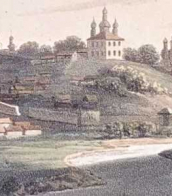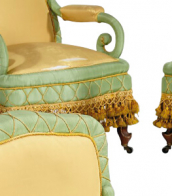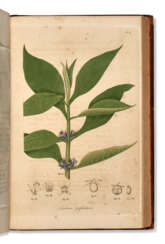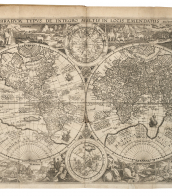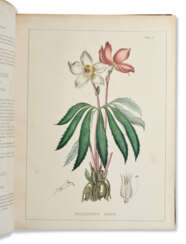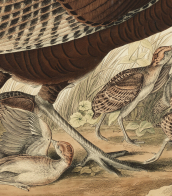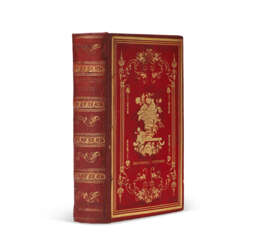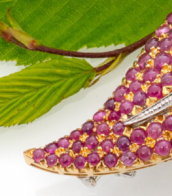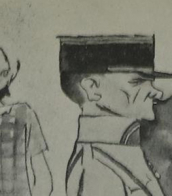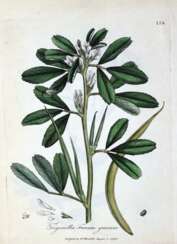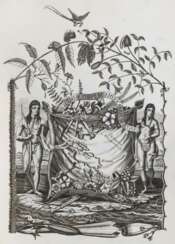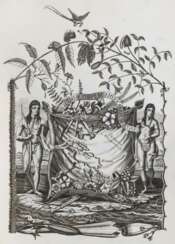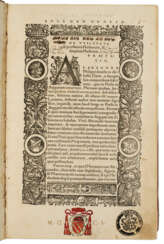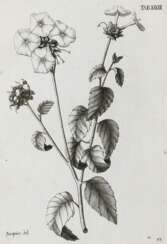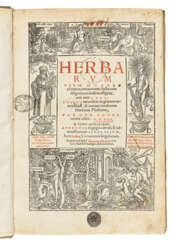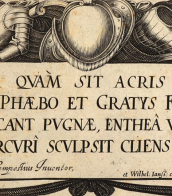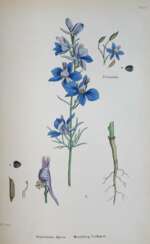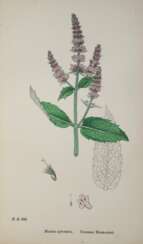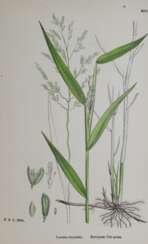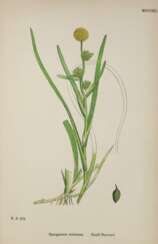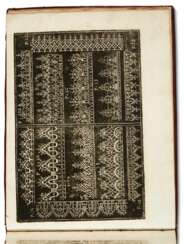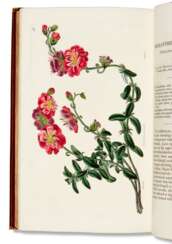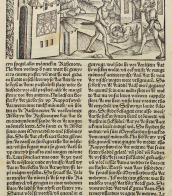botany
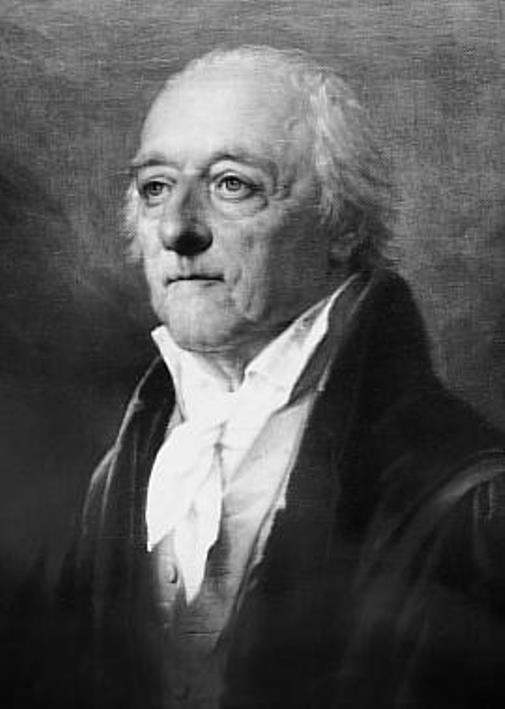
Nikolaus von Jacquin, full name Nikolaus Joseph Freiherr von Jacquin, also Baron Nikolaus von Jacquin, was an Austrian and Dutch scientist, professor of chemistry and botany, and director of the Vienna Botanical Garden.
Jacquin is considered a pioneer of scientific botany in Austria. He wrote fundamental works in botany, was the first to describe many plants, fungi, and animals, introduced experimental methods in chemistry, and successfully campaigned for the introduction of Linnaeus' system of plants in Austria. On behalf of Emperor Franz I, von Jacquin was in charge of the imperial gardens (including Schoenbrunn) and also led a scientific expedition to Central America from 1754 to 1759, from which he returned with an extensive collection of plants.
In 1768, Nikolaus von Jacquin was appointed professor of botany and chemistry at the Faculty of Medicine of the University of Vienna and director of the newly founded botanical garden, which he reorganized according to scientific principles. Nikolaus von Jacquin was a member of the Royal Society of London, a foreign honorary member of the St. Petersburg Academy of Sciences, and a correspondent of the Paris Academy of Sciences.
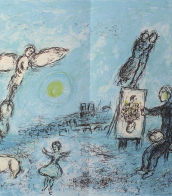

Nikolaus von Jacquin, full name Nikolaus Joseph Freiherr von Jacquin, also Baron Nikolaus von Jacquin, was an Austrian and Dutch scientist, professor of chemistry and botany, and director of the Vienna Botanical Garden.
Jacquin is considered a pioneer of scientific botany in Austria. He wrote fundamental works in botany, was the first to describe many plants, fungi, and animals, introduced experimental methods in chemistry, and successfully campaigned for the introduction of Linnaeus' system of plants in Austria. On behalf of Emperor Franz I, von Jacquin was in charge of the imperial gardens (including Schoenbrunn) and also led a scientific expedition to Central America from 1754 to 1759, from which he returned with an extensive collection of plants.
In 1768, Nikolaus von Jacquin was appointed professor of botany and chemistry at the Faculty of Medicine of the University of Vienna and director of the newly founded botanical garden, which he reorganized according to scientific principles. Nikolaus von Jacquin was a member of the Royal Society of London, a foreign honorary member of the St. Petersburg Academy of Sciences, and a correspondent of the Paris Academy of Sciences.
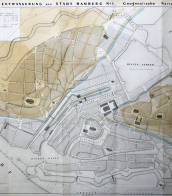
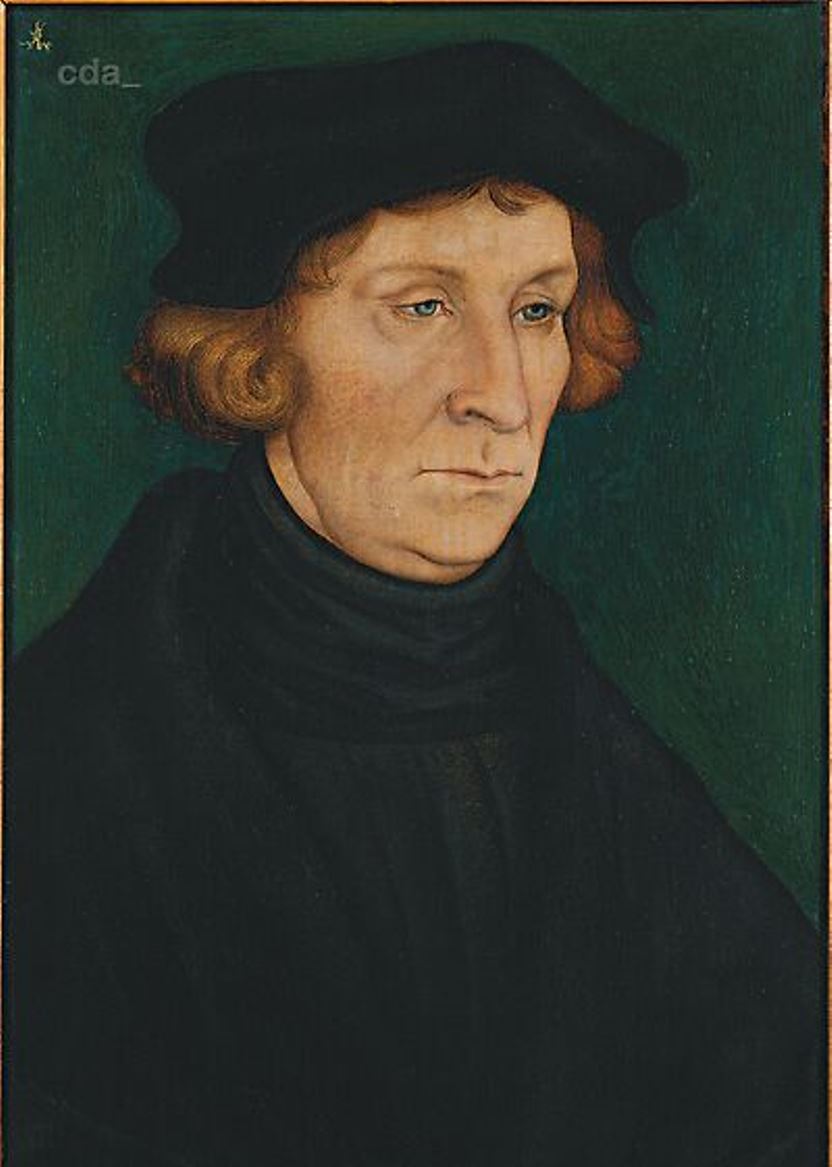
Otto Brunfels (also Brunsfels, Braunfels) was a German theologian, botanist and physician.
After studying theology and philosophy at the University of Mainz, Brunfels went to a Cartesian monastery near Strasbourg and later became interested in botany there. 1524 he opened a school in Strasbourg. In 1530, Brunfels began studying medicine at the University of Basel and two years later became city physician in Bern, where he remained for the rest of his life.
In addition to theological works, Brunfels published works on education, Arabic, pharmacy, and botany. His Herbarium Vivae Icones (1530 and 1536) and Contrafayt Kreüterbuch (1532-1537) contain woodcuts of German plants with their German common names. The 135 original woodcuts are detailed, accurate, and realistic depictions of living plants by the German artist and engraver Hans Weiditz. Brunfels' work contributed to the shift away from medieval outdated herbalism to the establishment of botany as a modern science. Carl Linnaeus considered Brunfels one of the founders of modern botany.

